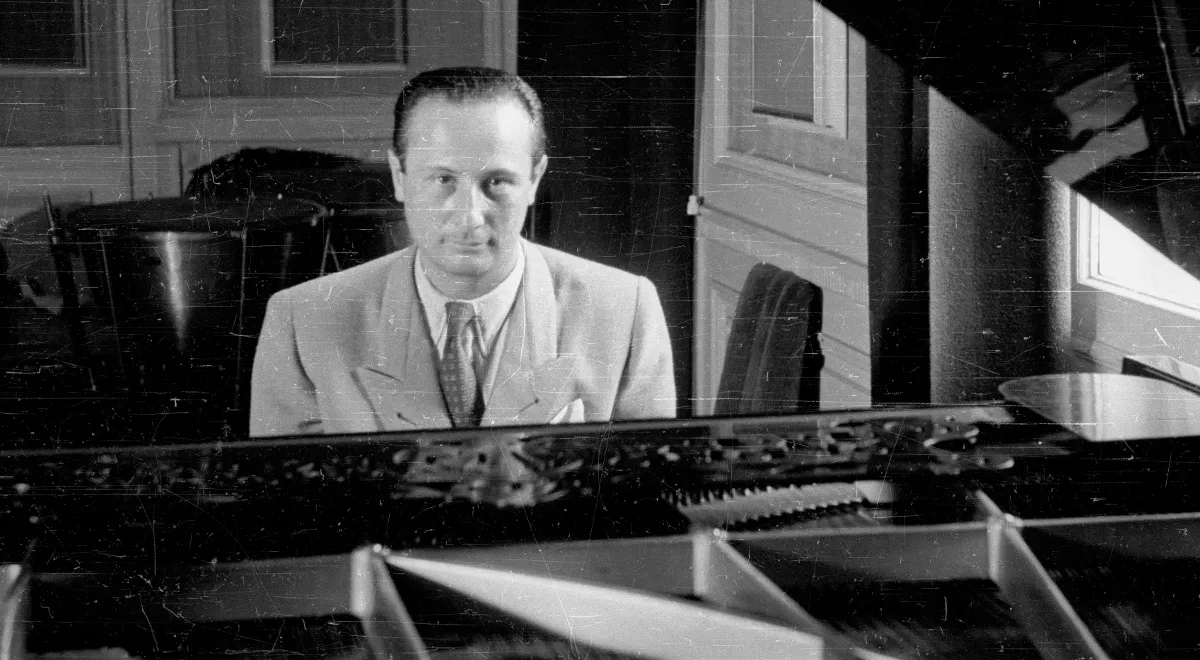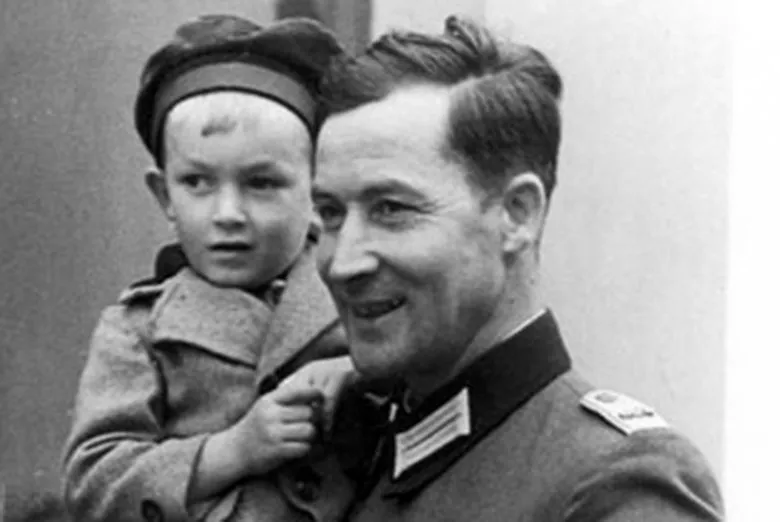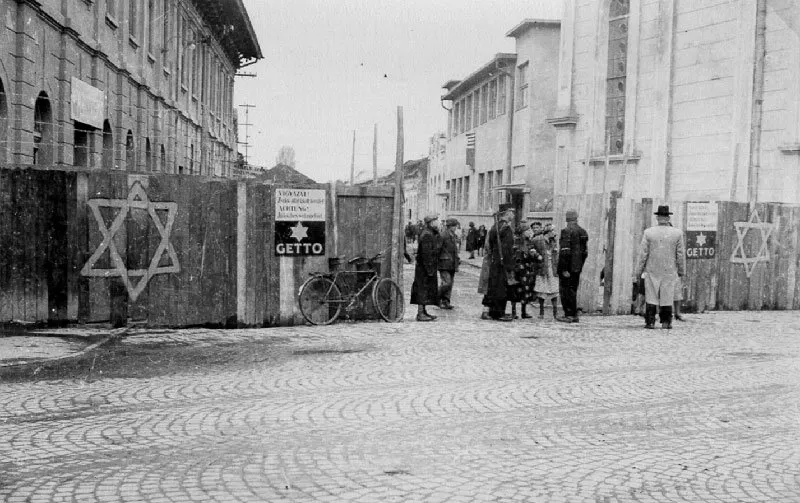Hola, hive
Hoy quiero relatar sobre otra de mis curiosas reflexiones que tienen que ver con la vida, obra y música de algún personaje de mi interés.
Mi interés por la música va mucho más allá de solo tocar o dedicar mi vida a un instrumento; de él surgen pensamientos e historias relacionadas con algún músico, con algún tema musical, o algún hecho relevante en la historia que se relacione con ella.
En esta ocasión quiero hablarles de Wladyslaw Szpilman, mejor conocido como El Pianista.

| Fotografía de Wladyslaw Szpilman, el pianista // Fuente |
No hay muchos hechos históricos sobre él. Nació en 1911 en Polonia y se sabe que desde niño tuvo mucho talento para el piano.
Para quien no conoce su historia o sabe quién es, Szpilman fue un sobreviviente del holocausto nazi que fungió en su época como un extraordinario pianista de su país natal, Polonia, específicamente Varsovia. Dice su biografía que durante los años del gueto entretuvo a los judíos que vivían ahí, mientras tocaba en varios de sus bares y cafés. ¿Qué pasó después? No quisiera extenderme hablando de su historia, sino de dos hechos curiosos ocurridos en su vida.
Wladyslaw cuenta en su biografía que camino a los trenes que llevaban a los judíos a los campos de exterminio, cuando éste iba junto a su familia, una mano lo tomó por el cuello sacándolo de dichas filas a empujones; con quien se encontró fue con un policía de la guardia que colaboraba con el ejército nazi. Se trataba de un familiar con el cual nunca trató mucho, pero quien, al reconocerlo, tomó acción en un intento por salvarle la vida y le dijo: “¿Qué haces aquí? Corre, sálvate”.
Aunque suene a suerte de broma pudiéramos considerar esto, como una vez se hizo referencia a Diego Armando Maradona, que fue la mano de Dios que intervino por medio de este familiar. ¿Solo el parentesco tuvo que ver para ser salvado de una muerte tan trágica como muchos judíos en aquel campo de exterminio, y como los familiares caminaban junto a él en ese momento?
Habiendo hablado de ese hecho, que a nuestra reflexión queda ver como mera casualidad, coincidencia o destino, les comento que durante muchos años Wladyslaw Szpilman estuvo huyendo, manteniéndose oculto del ejército nazi. Por esto se me hace curioso otro hecho que cuenta su biografía, en el cual se dice que estando en uno de sus escondites se topó con un oficial llamado Wilm Hosenfeld, del ejército nazi. Este al verlo, sabiendo que era judío, le preguntó: “¿Qué demonios estás haciendo aquí?”; Szpilman guardó silencio al no tener respuesta mientras el oficial seguía haciendo la misma pregunta varias veces, hasta el momento en que Szpilman respondió con resignación: “Haz lo que quieras conmigo, no voy a moverme de aquí”, a lo cual el oficial respondió: “No tengo intenciones de hacerte nada”. Ahora, preguntémonos ¿por qué?

| Fotografía de Wilm Hosefeld, oficial Nazi // Fuente |
Imagínense. Un oficial nazi encontrando a un judío desprotegido decide no hacerle nada. Vuelve mi pregunta. ¿El destino? ¿Dios? ¿Qué pudo haber pasado para que tal cosa ocurriera –pudiera decirse– contra todo pronóstico? ¿Pensaría usted que otra vez la mano de Dios está metida en este hecho?
En medio del cruce de palabras, una de las preguntas del oficial fue: “¿A qué te dedicas?”, a cuya pregunta Szpilman respondió: “Soy pianista”.
Él cuenta que seguido de esto le tocó El Nocturno en C#m de Chopin y eso hizo que el oficial lo viera con admiración y reconociera su talento. Ahora ¿qué podemos pensar? Este don o talento que poseía Szpilman, fue también su bendición y lo salvó de la trágica muerte a la que –a pesar de haber vivido años de tragedia durante el holocausto nazi– logró sobrevivir.

| Fotografía del ghetto de Varsovia // Fuente |
Hello, hive .
Today I want to tell about another of my curious reflections that have to do with the life, work and music of some character of interest to me.
My interest in music goes far beyond just playing or dedicating my life to an instrument; from it arise thoughts and stories related to some musician, with some musical theme, or some relevant fact in history that is related to it.
This time I want to tell you about Wladyslaw Szpilman, better known as The Pianist.

| Photograph of Wladyslaw Szpilman, the pianist // Source |
There are not many historical facts about him. He was born in 1911 in Poland and it is known that he was very talented at the piano since he was a child.
For those who don't know his story or know who he is, Szpilman was a Nazi Holocaust survivor who served in his time as an extraordinary pianist in his native Poland, specifically Warsaw. His biography says that during the ghetto years he entertained the Jews who lived there, while playing in several of their bars and cafes. What happened next? I would not like to extend talking about his story, but about two curious facts that happened in his life.
Wladyslaw tells in his biography that on his way to the trains that took the Jews to the extermination camps, when he was walking with his family, a hand grabbed him by the neck and pushed him out of those lines; the one he met was a policeman of the guard who collaborated with the Nazi army. It was a relative with whom he had never had much contact, but who, recognizing him, took action in an attempt to save his life and said: "What are you doing here? Run, save yourself."
Although it sounds like a kind of joke we could consider this, as was once made reference to Diego Armando Maradona, that it was the hand of God that intervened through this relative. Was it only kinship that had to do with being saved from such a tragic death as many Jews in that death camp, and as the relatives walked beside him at that time?
Having spoken of this fact, which to our reflection remains to be seen as mere chance, coincidence or fate, I comment that for many years Wladyslaw Szpilman was on the run, hiding from the Nazi army. For this reason, I find curious another fact in his biography, in which it is said that while he was in one of his hiding places he met an officer named Wilm Hosenfeld, of the Nazi army. The officer, knowing that he was a Jew, asked him: "What the hell are you doing here?"; Szpilman kept silent as he had no answer while the officer kept asking the same question several times, until the moment when Szpilman answered with resignation: "Do what you want with me, I will not move from here", to which the officer replied: "I have no intention of doing anything to you". Now, let's ask ourselves why

| Photograph of Wilm Hosefeld, Nazi officer // Source |
Imagine. A Nazi officer encountering an unprotected Jew decides to do nothing to him. My question comes back - Fate? God? What could have happened for such a thing to happen - arguably - against all odds? Would you think that again God's hand is involved in this event?
In the midst of the exchange of words, one of the officer's questions was, "What do you do for a living?" to which question Szpilman replied, "I'm a pianist."
He recounts that following this he played Chopin's Nocturne in C#m for him and that made the officer look at him with admiration and recognize his talent. Now what can we think? This gift or talent that Szpilman possessed, was also his blessing and saved him from the tragic death that - despite having lived through years of tragedy during the Nazi holocaust - he managed to survive.

